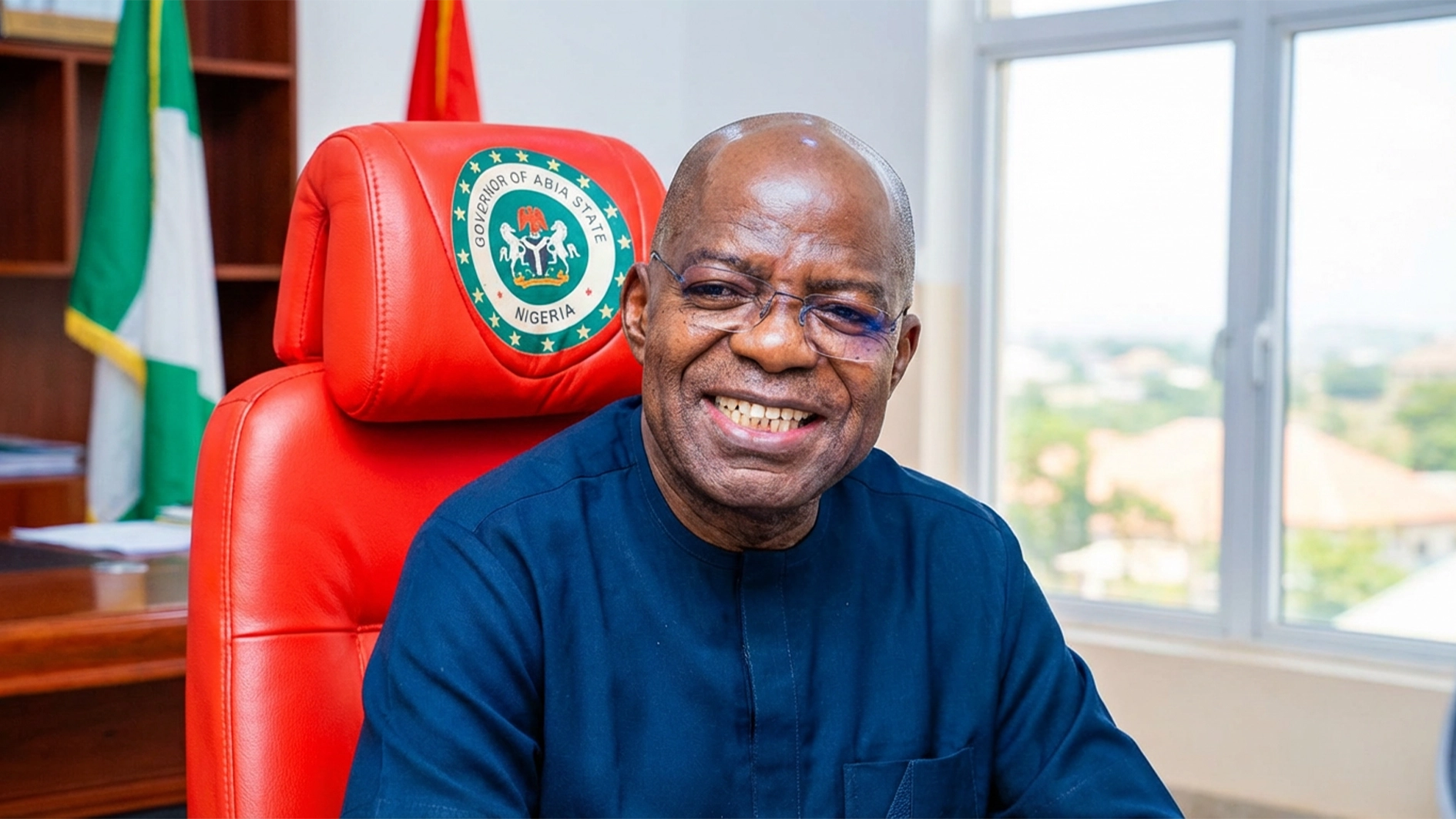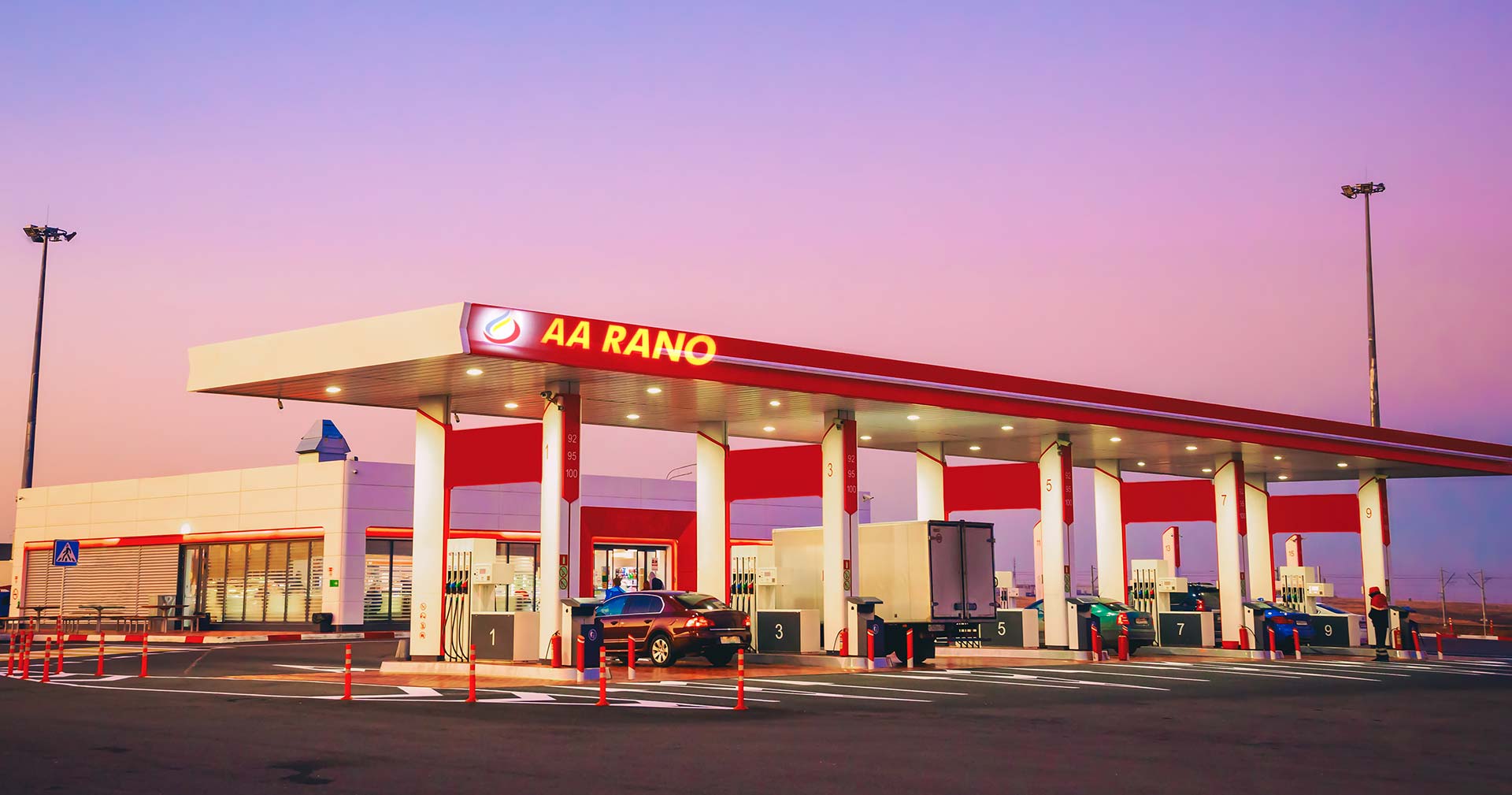The European Union (EU) Ambassador to Nigeria and ECOWAS, Gautier Mignot, has reaffirmed the EU’s commitment to Nigeria’s development, calling for deeper global cooperation to address the complex challenges of climate change, poverty, insecurity, and digital inequality.
Speaking during a special lecture at Lagos Business School (LBS), Pan Atlantic University, themed, ‘The European Union: A Reliable Partner for Nigeria and the World’, Mignot stressed the need for shared prosperity.
“We believe in a world where prosperity is shared and peace is preserved through mutual cooperation,” he said. “The EU is Nigeria’s largest trade and investment partner, and through our Global Gateway initiative, we are supporting projects in renewable energy, smart agriculture, digital infrastructure, and more, not as charity but as a partnership of equals.”
The envoy cautioned against the rise of disinformation and digital manipulation, urging future professionals to develop critical thinking and fact-checking skills.
He also emphasised gender inclusion as a driver of national prosperity, describing women’s empowerment as “a transformative tool backed by science.”
Reflecting on the EU’s post-war transformation, Mignot said the bloc was built on cooperation and equality; not domination, adding that its model of shared sovereignty has yielded peace, prosperity, and global relevance.
“Our success lies in cooperation, respect for rights, and shared prosperity. We want to extend that model globally, including in Africa. Our destinies are intertwined,” he said. Mignot underscored that Nigeria’s future rests primarily in its own hands, with education playing a critical role in long-term development.
“Foreign support can help, but real change must be homegrown,” he noted, highlighting programmes like Erasmus Plus as opportunities for academic and cultural exchange.
Dean of the School, Professor Olayinka David-West, described the engagement as an important opportunity to expose learners to complex global issues.
“This validates our belief that leadership must be globally aware yet locally rooted. Business leaders must understand the broader geopolitical and economic forces shaping their environment,” she said.
Chief Marketing Officer, Nsima Ogedi-Alakwe, noted that consistent engagement with global stakeholders such as the EU gives LBS learners a unique platform to access international opportunities in education, research, and enterprise.
Director of the LBS Public Sector Initiative, Prof. Franklin Ngwu, highlighted areas of potential partnership in governance, security, education, and trade, noting that “such engagements position LBS as a bridge between public institutions and global development efforts.”
During an interactive session, Mignot addressed questions on EU-Africa trade, climate resilience, digital finance, and regulated migration, encouraging students to think globally and lead responsibly.
Envoy backs stronger Nigeria-EU ties at LBS Forum

Mignot
Mignot





